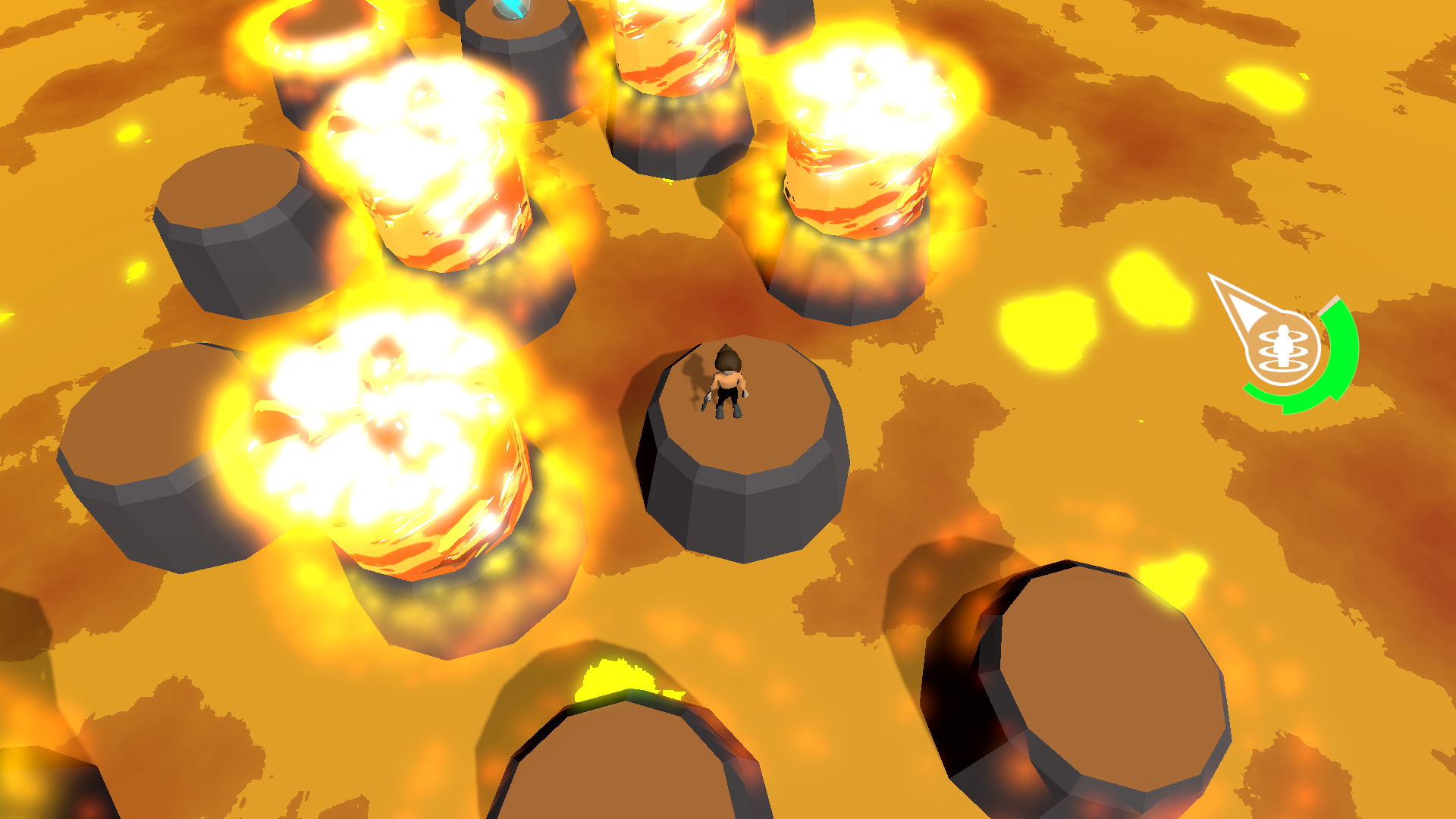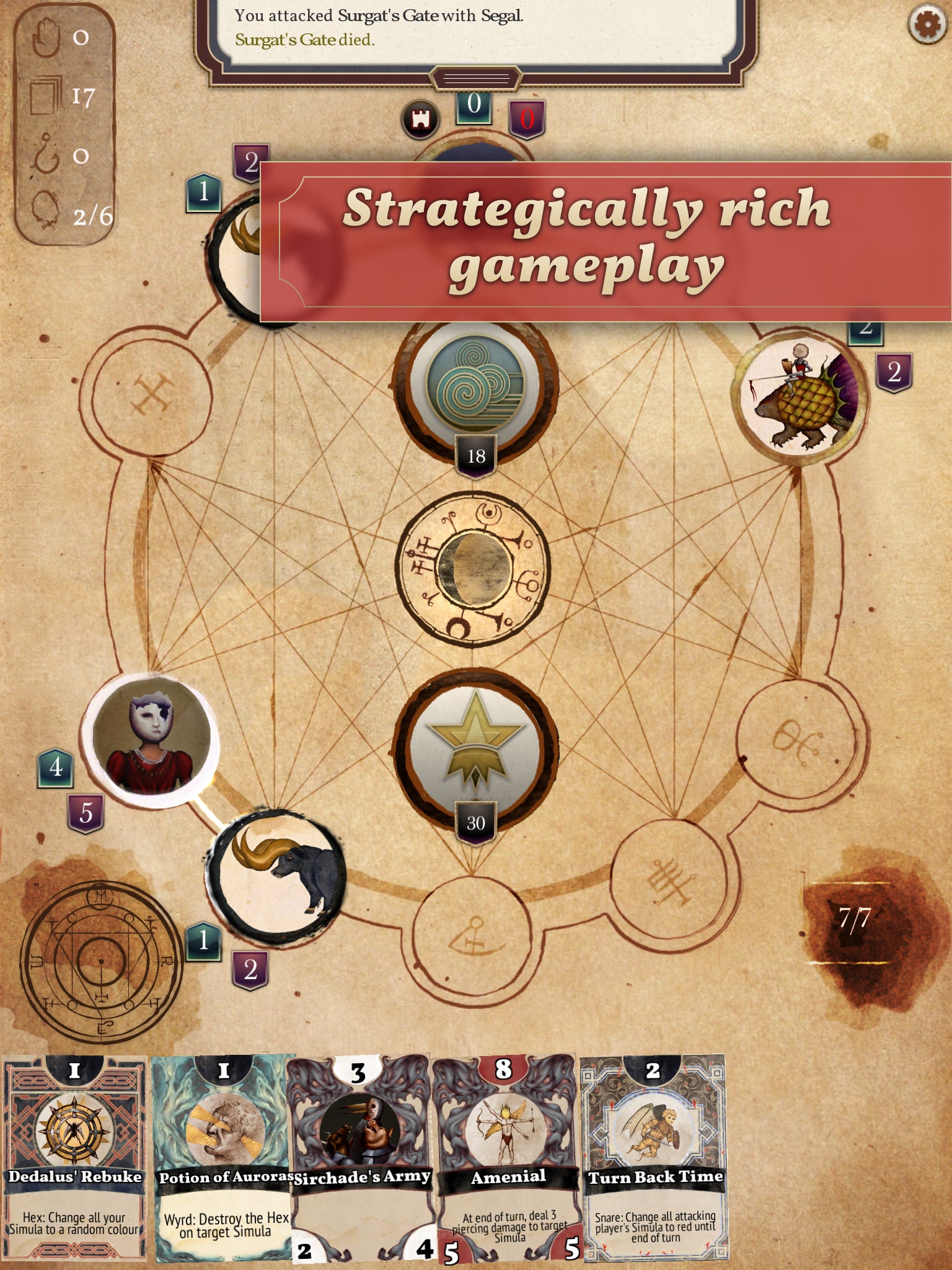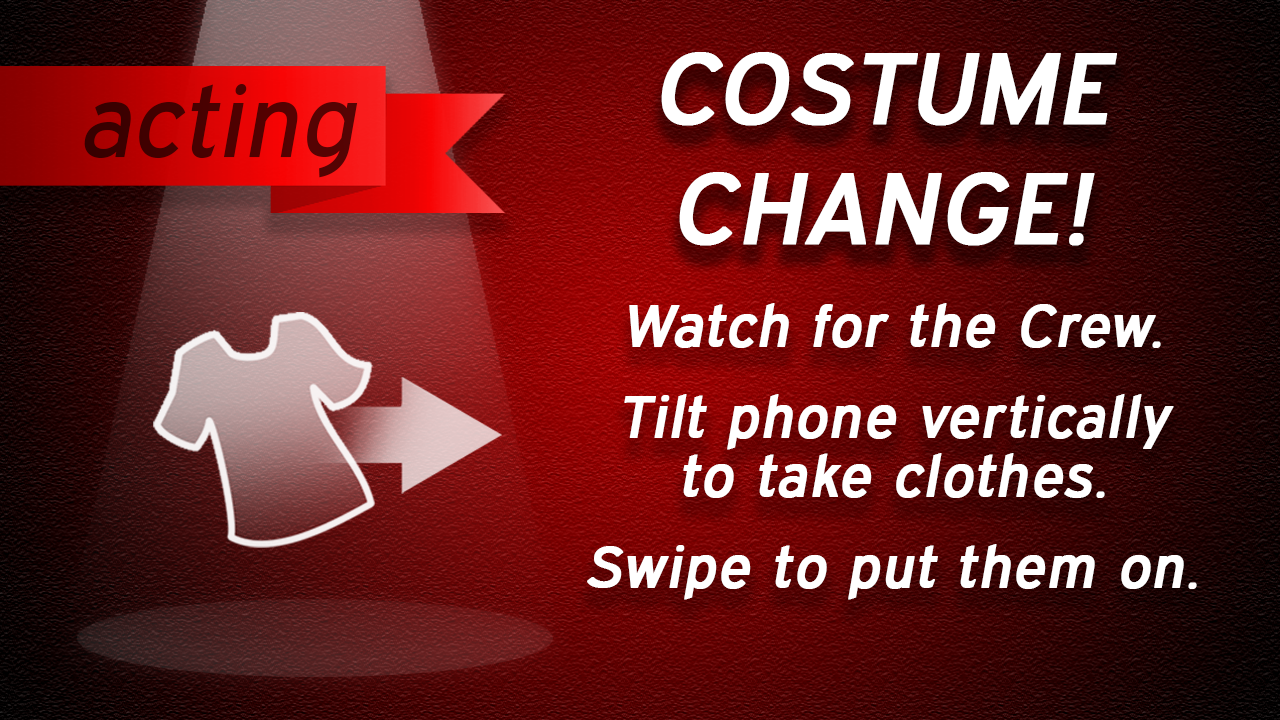A
partnership
between
the
University
of
Waterloo
and
Communitech,
the
Waterloo
Innovation
Summit
is
taking
place
from
September
16th -
18th.
The
Mike
&
Ophelia
Lazaridis
Quantum-Nano
Centre
(QNC)
on
the
UW
campus
hosted
a
variety
of
sessions
on
Thursday, September
17th.
The
Waterloo
Region
is
recognized
as
a
thriving
entrepreneurial
community
and
one
of
the
fastest
growing
startup
ecosystems
in
the
world.
Top
businesses,
academics,
and
policy
decision-makers
are
joining
together
at
the
Waterloo
Innovation
Summit for
Keynotes,
Fireside
Chats,
and
Panel
Sessions.
Summit
attendee
Paul
Graham
of
Y
Combinator,
an
American
seed
fund
that
invests
money
in
a
large
number
of
start
ups
each
year,
says
the
applications
they
receive
from
Waterloo
students
"are
better
than
those
we
get
from
students
of
any
other
university".
The
Games
Institute
is
proud
to
recognize
many
of
these
bright
students
as
GI
members.
As
part
of
the
summit's
Interactive
Playground,
GI
members
will
be
showcasing
their
developments
to
show
what
happens
when
artists,
scientists,
developers,
and
entrepreneurs
come
together
in
harmony.
Quantum
Cats,
a
touch-screen
action
game,
teaches
the
player
basic
concepts
in
quantum
mechanics.
With James
Wallace and
Neil
Randall as
principle
investigator
and
supervisor,
this
game
engaged
players
at
the
QNC
Open
House
on
campus.
Conceptualization and
design
was
aided
by
GI
member
Victor
Cheung,
artwork
contributed
by
Keith
McLean,
and
programming
completed
by
Mike
Brown
and
Jagger
Nast.
Mike,
Jagger,
and
Keith
also featured
their
work
during
the
QNC
Open
House
with
the
game: Alice
and
Schrödinger.
This Alternate-Reality
Game
(ARG)
was designed
by
Elise
Vist
and
Lauren
Burr,
taking
players
through
the
QNC
building
to
learn
more
about
the
important
scientific
research
conducted
in
the
various
labs.
The
QNC
Tour designed
by
Erica
Robinson also
allowed
visitors
to
view
the
type
of
work
that
goes
on
in
the
IQC
labs
with
an
interactive
multimedia
kiosk.
Fellow
GI
researcher
John
Harris has
created
a
multi-faceted
play
experience
designed
to
bridge
difference
in
player
skills,
styles,
and
interests
in
his
game
Beam
Me
Around,
Scotty! Pairs
of
players
engage
with
asymmetric
gameplay
mechanics
and
interfaces
(ex
leading
vs
support,
action
vs
strategy,
gamepad
vs
mouse
interaction)
in
a
cooperative
adventure
to
escape
a
hostile
alien
world.
Adam
Bradley,
Kent
Aardse,
Jonathan
Rodrigues,
and
Evan
Jones also
presented
their game,
The
Rival
Books
of
Aster. This
strategy
game
is
set
in
a
completely
original
fantasy
universe
and
has
players
work
both
locally
and
across
the
Internet
to
survive
in
a
virtual
world driven
by
legends
and
mythologies.
It
mixes
locative
matchmaking
with
traditional
CCG
mechanics
to
create
"spheres
of
influence"
pitting
players
against
others
found
within
their
geographic
region,
with
the
results
two-player
"duel"
contributing
to
the
on-going
creation
of
a
mythology. It
is
a
mobile
collectible
card
game
(CCG)
with
beautiful
art by
Lauchie
Reed
that
are
not
to
be
missed!
Finally,
GI
member
Shawn
DeSouza-Coelho
showcased his
prototype
of
Places,
Please!:
Hamlet
Edition.
This
4-player
cooperative,
mobile
game
is
designed
to
simulate
the
acts
of
putting
a
theatrical
production
at
the
Stratford
Festival
of
Canada
together.
With
artwork
by
Kate
Phillips
and
programming
by
Jonathan
Rodrigues
and
Alvin
Lee,
its
foundations
are
found
in
the
2015
production
of
Hamlet
which
was
presented
at
the
Festival
Theatre.
Director
of
The
Games
Institute,
Neil
Randall,
has
expressed
his
pride
in
the
accomplishments
of
all
of
the
GI
members
who
have
worked
very
hard
on
these
projects.
For
further
details
on
the
schedule
of
events
happening
on
the
University
of
Waterloo
campus
during
the
summit,
see
the
event's
website.
Congratulations
to
all
of
our
researchers
featured
during
the
Waterloo
Innovation
Summit.



